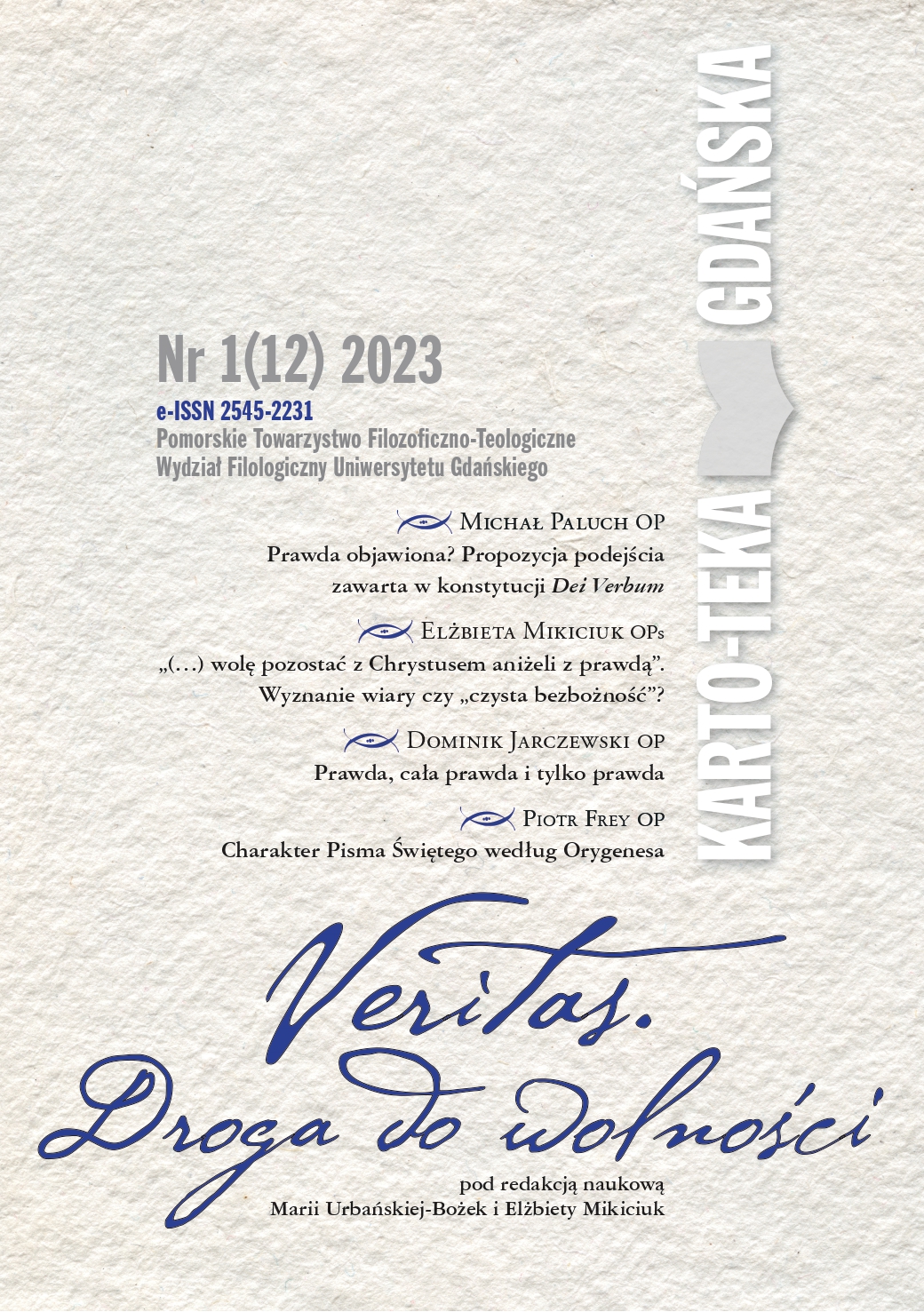The Memory of the City in Mȕnchhauseniada by Jerzy Limon
DOI:
https://doi.org/10.26881/kg.2023.1.06Keywords:
Mȕnchhauseniada, novel, magic realism, memory, collective memoryAbstract
The article analyses the first novel by Jerzy Limon, Mȕnchhauseniada (1980), rooted in a postwar seaside spa, whose prewar inhabitants, Germans, have been largely replaced by dislocated people from Eastern Poland. Thus, the new inhabitants were forced to renegotiate its own identity. The novel, analysed withing the framework of memory studies, traces Limon’s pursuit of an adequate literary genre which would depict the effects massive displacement of people after World War II.
The juxtaposition of paradocumentary descriptions, picaresque novel or narrative transgressing the limitations of conventional novel of manners. All theses features seem to be stemming from the instability of the times in which the narration is set, as well as from historical and social events in a town which mimetically follows Sopot and Gdansk after World War II. In consequence, the novel offers additional insights if is interpreted in terms of magical realism, which first appeared in unstable post war Europe, i.e. in the Weimar Republic in 1925.
Downloads
References
Assmann J., Religion and Cultural Memory : Ten Studies, tłum. R. Livingstone, Stanford University Press, Stanford 2006.
Blacker U., Memory, the City and the Legacy of the World War II in East Central Europe. The Ghosts of Others, Routledge, London–New York, 2019.
Connerton P., How Modernity Forgets, Cambridge University Press, Cambridge 2009.
Erll A., Rigney A., Literature and the Production of Cultural Memory : Introduction, “European Journal of English Studies” 2006,10 :2, s. 111–115 [DOI :10.1080/138 25570600753394].
Hart S. M., Magical Realism : Style and Substance, [w :] A Companion to Magical realism, red. S. M. Hart i W.-Ch. Ouyang, Tamesis, Atheneum Press Ltd, Woodbridge 2005, s.1–13.
Heath T. i Cocolin M., Hitler’s Lost State – the Fall of Prussia & The ‘Wilhelm Gustloff’ Tragedy, Pen & Sword Military, [s.l.] 2020.
Hirsch M., Family Frames. Photography, Narrative and Postmemory, Harvard University Press, Cambridge–London 1997 (Create Space Independent Publishing Platform, 2012).
Limon J., Münchhauseniada, słowo/obraz terytoria, Gdańsk 2023 [1980].
Middleton D., Edwards D., Conversational Remembering: A Social Psychological Approach, [w:] Collective Remembering. Inquiries in Social Construction, red. D Middleton, D. Edwards, SAGE Publications, London–New Delhi–Thousands Oaks 1997 (1990), s. 23–45.
Petrikowski N. P., Wilhelm Gustloff, https://www.britannica.com/topic/ MV-Wilhelm-Gustloff. Rosiek S., „Posłowie”, [w :] J. Limon, Münchhauseniada, słowo/obraz terytoria, Gdańsk 2023, s. 249–258.
Olick J., Robbins J., ‘Social Memory Studies: From “Collective Memory” to the Historical Sociology of Mnemonic Practices’, “Annual Review of Sociology” 1998, No. 24, s. 105–140.
Staiger U., Steiner H., Webber A. (red.), Memory Culture and the Contemporary City, Palgrave Macmillan, Basingstoke 2009.

 Academic Scientific Journals
Academic Scientific Journals

